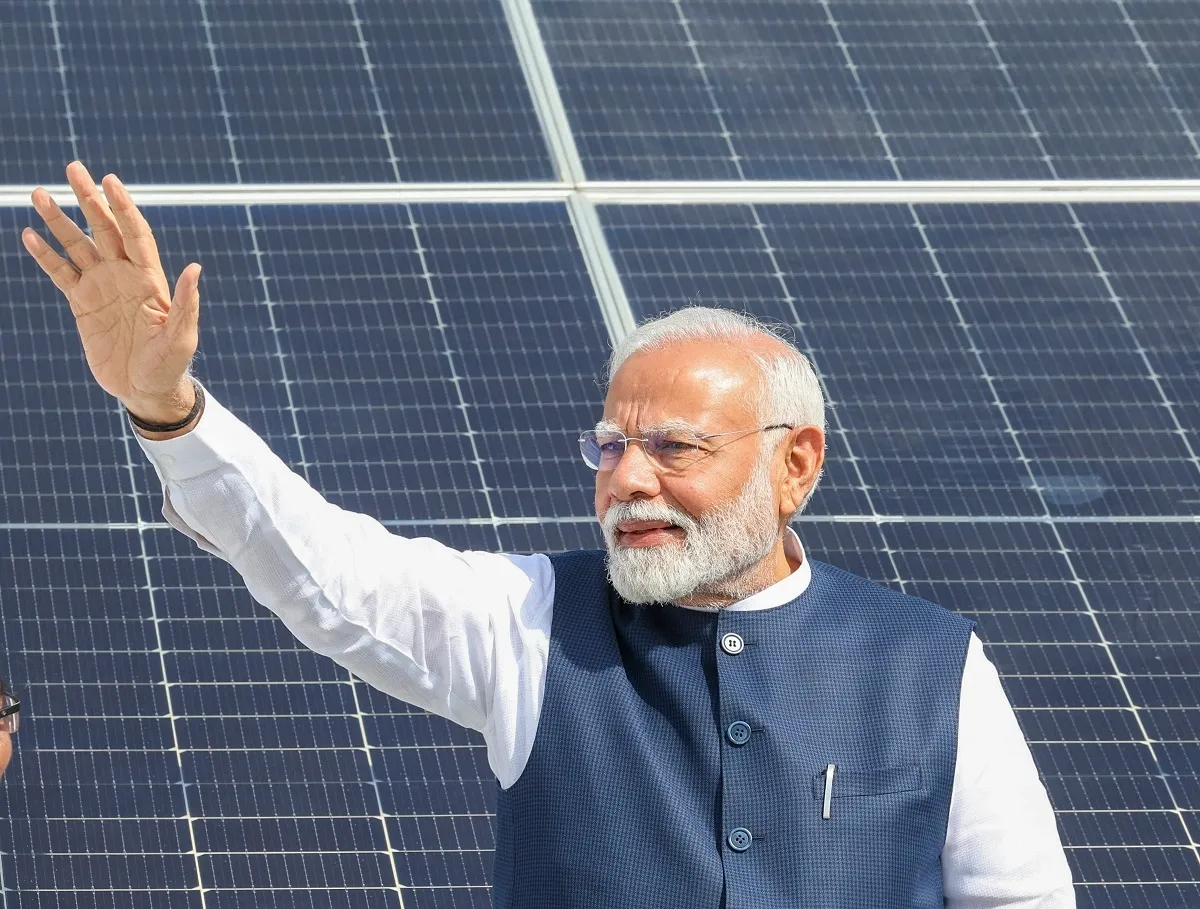Business News
Cabinet approves continuation of PM-AASHA to provide better prices to farmers

4 min read | Updated on September 18, 2024, 20:36 IST
SUMMARY
The government has converged the Price Support Scheme (PSS) and Price Stabilization Fund (PSF) schemes in PM-AASHA to serve the farmers and consumers more efficiently.

PM-AASHA will now have the components of PSS, PSF, POPS and MIS (PTI Photo)
The government has approved the continuation of the PM-AASHA scheme, with an outlay of ₹35,000 crore, to provide better prices to farmers and also control price volatility of essential commodities for consumers.
"The Union Cabinet, chaired by Prime Minister Narendra Modi, has approved the continuation of schemes of Pradhan Mantri Annadata Aay SanraksHan Abhiyan (PM-AASHA) to provide remunerative prices to farmers and to control price volatility of essential commodities for consumers," an official statement said.
The total financial outgo will be ₹35,000 crore during the 15th Finance Commission Cycle up to 2025-26, it added.
In a post on X, Prime Minister Narendra Modi said: "We are constantly taking big steps for the welfare of farmers. In this series, today our government has approved the Pradhan Mantri Annadata Aay Sanrakshan Abhiyan. This will not only help farmers get a profitable price for their crops but will also benefit consumers."
The government has converged the Price Support Scheme (PSS) and Price Stabilization Fund (PSF) schemes in PM-AASHA to serve the farmers and consumers more efficiently.
"The Integrated scheme of PM-AASHA will bring in more effectiveness in the implementation which would not only help in providing remunerative prices to the farmers for their produce but also control the price volatility of essential commodities by ensuring their availability at affordable prices to consumers," the government said.
PM-AASHA will now have the components of the Price Support Scheme (PSS), the Price Stabilization Fund (PSF), the Price Deficit Payment Scheme (POPS) and the Market Intervention Scheme (MIS).
Under the PSS, the procurement of notified pulses, oilseeds and copra at MSP will be 25 percent of national production from 2024-25 season onwards. This would enable states to procure more of these crops at MSP from farmers to prevent distress sale.
"However, this ceiling will not be applicable in case of tur, urad and masur for 2024-25 season as there will be a 100 percent procurement of tur, urad and masur during in 2024-25 season as decided earlier," the government said.
The Centre has renewed and enhanced the existing government guarantee to ₹45,000 crore for procurement of notified pulses, oilseeds and copra at MSP.
This will help in more procurement of pulses, oilseeds & copra whenever prices fall below MSP in the market.
The purchases will be undertaken by the Department of Agriculture from farmers at MSP including pre-registered farmers on the eSamridhi portal of the National Agricultural Cooperative Marketing Federation of India (NAFED) and the eSamyukti portal of the National Cooperative Consumers' Federation of India (NCCF).
"This would also motivate the farmers to cultivate more of these crops in the country and contribute to achieving self-sufficiency in these crops leading to a reduction in dependence on imports to meet domestic requirements," the government said.
The extension of the PSF scheme will help in protecting consumers from extreme volatility in prices of agri-horticultural commodities by maintaining a strategic buffer stock of pulses and onion for calibrated release.
The scheme would help discourage hoarding and unscrupulous speculation.
Procurement of pulses at market price will be done by the Department of Consumer Affairs including Pre-registered farmers on eSamridhi portal of NAFED and eSamyukti portal of NCCF whenever prices rule above MSP in the market.
Apart from buffer maintenance, the interventions under the PSF scheme have been undertaken in other crops such as tomatoes and in the subsidised retail sales of Bharat DaIs, Bharat Atta and Bharat Rice.
In order to encourage the states to come forward for implementation of the Price Deficit Payment Scheme (PDPS) as an option for Notified oilseeds, the coverage has been enhanced from the existing 25 percent of state production of oilseeds to 40 percent and also enhanced the implementation period from 3 months to 4 months for the benefits of farmers.
The compensation difference between MSP and the Sale/Modal price to be borne by the Central Government is limited to 15 percent of MSP.
The extension of implementation of the MIS with changes will provide remunerative prices to farmers growing perishable horticulture crops.
"The Government has increased the coverage from 20 percent to 25 percent of production and has added a new option of making differential payment directly into the farmers' account instead of physical procurement under MIS," the statement said.
To bridge the price gap in TOP (Tomato, Onion & Potato) crops between producing states and consuming states during peak harvesting time, the Government has decided to bear the transportation and storage expenses for the operations undertaken by nodal agencies like NAFED and NCCF.
By signing up you agree to Upstox’s Terms & Conditions
About The Author
Next Story

